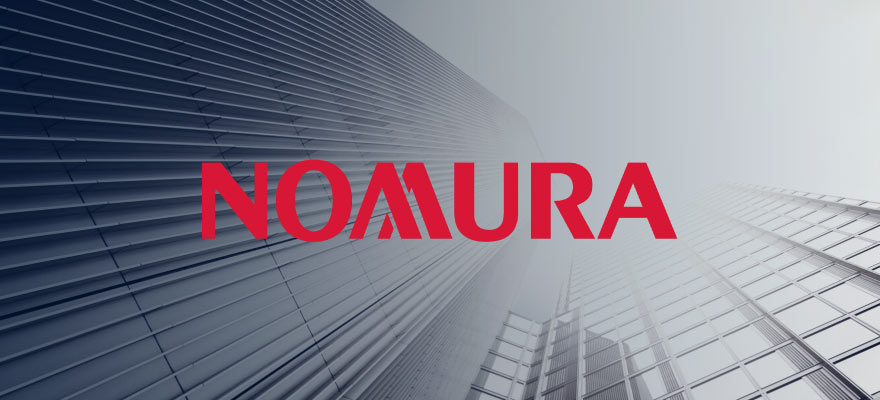New York-based investment bank Nomura Holdings on Monday finalized an agreement to pay US authorities $26.5 million to settle claims that its traders misled investors with mortgage bonds.
The US Securities and Exchange Commission said in a statement that five traders at the brokerage firm profited from improper markups on residential mortgage-backed securities that were in some cases twice as much as what customers should have paid. The regulator alleged that it failed to properly supervise traders who persuaded clients to overpay for mortgage bonds by misleading them about how much the firm paid for the securities.
Nomura agreed to pay a fine of about $1.5 million, and to pay disgorgement and interest of more than $25 million, the SEC said. The broker neither admits to nor denies the SEC’s findings, but agrees to be censured by the regulator.
Nomura made no admission of liability
The watchdog further explains that an investigation found that Nomura traders and salespeople tricked the bank’s customers into overpaying for mortgage bonds by lying about the price it paid to acquire the securities. They also misled clients about Nomura’s profit on their potential trades, and who currently owned the securities, “with traders often pretending that they were still negotiating with a third-party seller when Nomura had, in fact, already bought a security,” the agency said.
Still, Nomura made no admission of liability as part of the Settlement but said in a statement that it was pleased to have reached an amicable deal that allows the bank to put this legacy matter behind it. Shares of the company also remained relatively unmoved, with investors having anticipated the settlement.
Before the Nomura deal, US regulators had already fined several major banks more than $50 billion over their dealings in mortgage-backed securities. Bank of America Corp., which had the largest such settlement, agreed to pay $16.7 billion over its sale of toxic mortgage securities, split between cash and consumer relief.

















